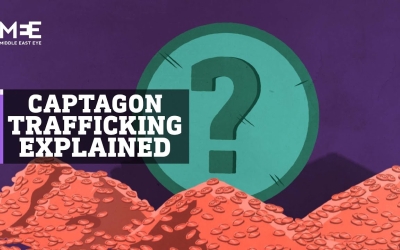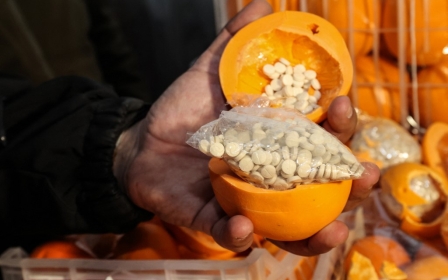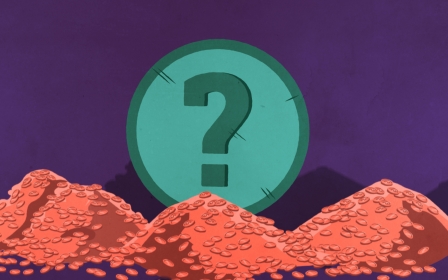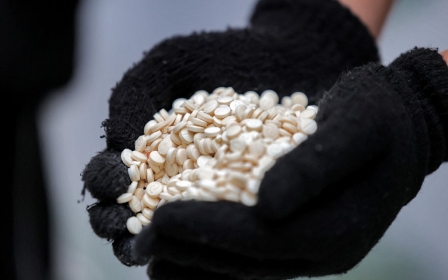Iraq: Security forces intercept microlight carrying one million Captagon pills

Iraqi security forces say they forced down a microlight near the Kuwaiti border carrying one million pills of the amphetamine-type stimulant Captagon.
The Federal Intelligence and Investigation Agency said the aircraft entered Iraqi airspace on Friday and that agents were alerted to the flight by a tip-off and proceeded to open fire on the plane.
In a statement, the agency said that opening fire "forced the pilot to land. He fled towards the border of a neighbouring country."
The agency said the pills were intended for sale inside Iraq, but a senior security forces officer told AFP the microlight "came from Iran" and was "headed for Kuwait".
Captagon is currently the most in-demand drug in the Middle East, with significant seizures reported weekly, especially in the oil-rich Gulf states, which are its biggest market.
The drug was originally used to treat attention deficit hyperactivity disorder and depression. Its effects have been compared with drugs such as Adderall, stimulating the central nervous system and increasing alertness and concentration.
Captagon quickly began to be linked to the Syrian war after reports emerged that fighters on both sides were using the drug on the battlefield.
According to a report released in April, sales of the drug in the Middle East grew exponentially in 2021 to top $5bn.
The figure was a jump from an estimate of around $3.5bn in 2020 and only reflected the retail value of the pills seized last year, which the New Line research tabulated at more than 420 million.
Many countries have not divulged aggregated seizure figures for the drug, of which Syria is the main producer and Saudi Arabia the main consumer.
Middle East Eye delivers independent and unrivalled coverage and analysis of the Middle East, North Africa and beyond. To learn more about republishing this content and the associated fees, please fill out this form. More about MEE can be found here.





